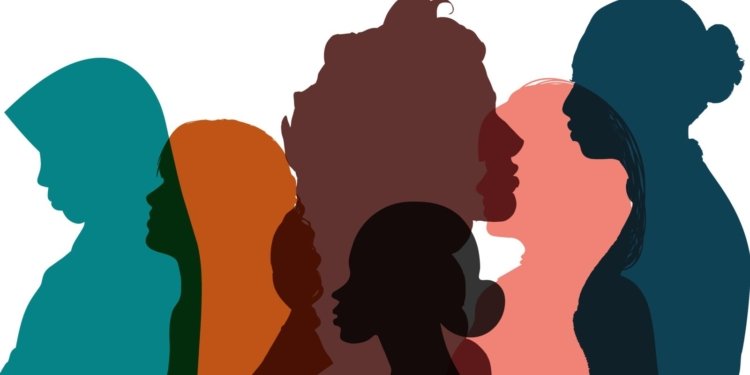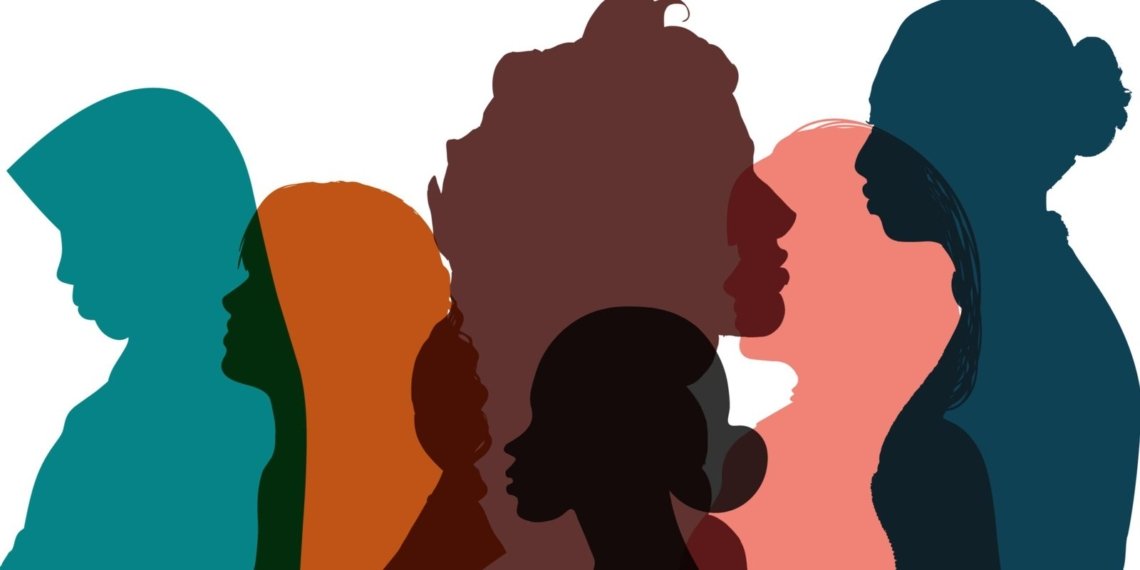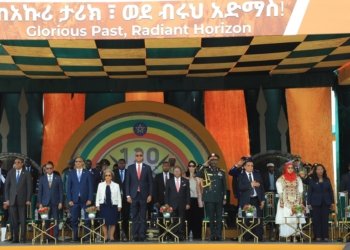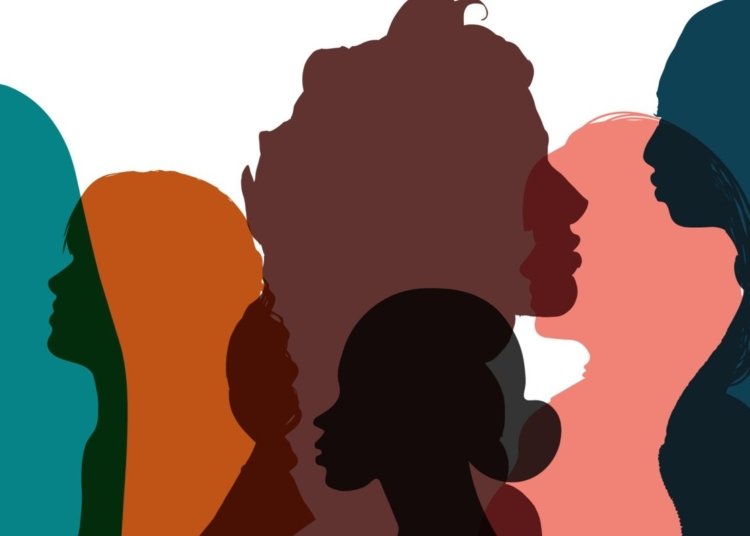MINYA, Egypt (BG) — In the Minya Governorate of Upper Egypt, a quiet revolution is underway.
Men and boys, often perceived as guardians of patriarchal traditions, are increasingly becoming advocates against female genital mutilation (FGM), a deeply entrenched and harmful practice.
Among these changemakers is 53-year-old Georgi Wahba, a trusted voice in his community.
Through awareness-raising sessions, Wahba challenges the norms perpetuating FGM, asking families to reconsider the necessity and implications of the practice.
FGM comprises all procedures that involve partial or total removal of the external female genitalia or other injury to the female genital organs for non-medical reasons.
The practice has no health benefits for girls and women and cause severe bleeding and problems urinating, and later cysts, infections, as well as complications in childbirth and increased risk of newborn deaths, according to the World Health Organization (WHO).
“I ask what they gain out of subjecting girls to this,” he shared. “Isn’t it more important to agree on other things, to build a life together?”
Wahba’s efforts are part of the United Nations Population Fund (UNFPA) initiative, ‘Generation Dialogues,’ funded by the Norwegian government.
Since its inception in 2021, the program has trained over 350 “Dialogue Champions” like Wahba to engage communities in conversations about harmful practices and encourage them to act as agents of change.
Dialogue and Change
Wahba’s sessions are inclusive and family-oriented, often bringing together husbands, wives, and their daughters.
The dialogues aim to foster understanding rather than impose solutions. Wahba said he wanted people to come to their own conclusions based on the facts they had learned.
This approach has started to shift attitudes. Community members now reach out to Wahba when they hear of someone at risk of undergoing FGM.
“Engaging in dialogue among families, friends, and communities is the most important step,” he affirmed.
Men Bear a Unique Responsibility to Advocate for Change
Another advocate, Zanaty El-Sawy from Asyut Governorate, highlights the role fathers can play in combating FGM.
After attending a UNFPA and NGO Care-led workshop, El-Sawy became an outspoken ally.
“I learned about the harmful impact of female genital mutilation on women and girls and that it has no religious or medical foundation,” he said. “I found out it is not a necessary practice at all.”
The curriculum, designed to engage men and boys, also addresses self-image, identity, and gender-based violence.
El-Sawy acknowledges the difficulty of relinquishing ingrained customs but believes that men bear a unique responsibility to advocate for change.
“Women have rights just like men – they should have a say just like men,” he asserted.
A Community United Against Harm
FGM remains widespread in Egypt, with an estimated 86% of ever-married women aged 15 to 49 having undergone the procedure.
In Upper Egypt, the prevalence rises to 96%. However, efforts like ‘Generation Dialogues’ are creating ripples of change.
Through education and open conversations, advocates like Wahba and El-Sawy are transforming their communities, breaking cycles of harm, and giving future generations a chance to thrive without enduring this harmful practice.
Wahba believes that people in his community are more educated about the issue than ever before and knows that open, honest conversations are the way forward.
This collective effort signals a hopeful shift in addressing deeply rooted traditions, one dialogue at a time.
“Women have rights just like men – they should have a say just like men,” El-Sawy said.
Global Perspective: Urgent Need to End FGM
According to the WHO, more than 230 million girls and women alive today have undergone FGM in 30 countries across Africa, the Middle East, and Asia, where the practice persists.
FGM is predominantly performed on young girls between infancy and age 15, representing a grave violation of their human rights.
The WHO estimates that treating health complications resulting from FGM costs health systems approximately $1.4 billion annually—a figure expected to increase unless urgent measures are taken to eliminate the practice.
Originally by United Nations Population Fund (UNFPA), rewritten by Felix Tih, Bantu Gazette



























